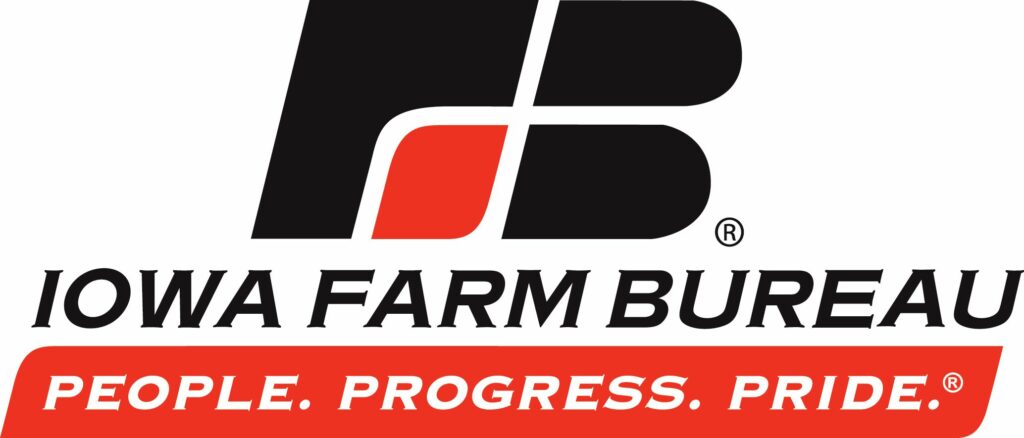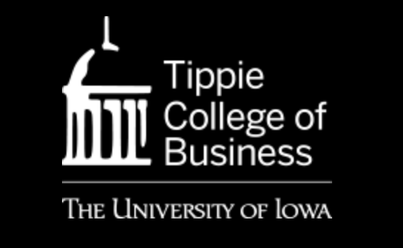Casey’s announces early results of stock repurchase
Casey’s General Stores Inc. will buy nearly 26 percent of its outstanding stock at $38 a share, based on preliminary results of a stock buyback plan.
The Ankeny-based convenience store chain said it will spend $500 million to buy the stock as part of an effort to stymie a hostile takeover by Alimentation Couche-Tard Inc., a Canadian based operator that claims to be the largest owner of convenience stores in North America.
Couche-Tard announced in April that it planned to buy all of Casey’s stock, initially saying it would pay $36 a share, then increasing the offer to $36.75. The tender offer expires Monday.
The company also plans a proxy fight at Casey’s annual shareholders meeting Sept. 23. Couche-Tard recently sent a letter to Casey’s shareholders, urging them to vote its “blue card” slate of candidates, all whom are from Indiana, where Couche-Tard’s American Midwest division is based.
Earlier this week, Casey’s sent a letter asking shareholders to vote its “white card” slate of candidates, which is made up of Robert Myers, the company’s president and CEO, and existing directors, all of whom are from Central Iowa or have ties to the area.
Each side accuses the other of taking steps to degrade the value of the company.
Additionally, a hearing is scheduled for Sept. 1 in U.S. District Court in Des Moines over Casey’s attempt to block the takeover and consider the company’s claims that Couche-Tard attempted to manipulate the price of Casey’s stock in an effort to suppress its price.
Couche-Tard has denied the claim and countered that Casey’s is attempting to protect its current board and officers by refusing to negotiate a purchase price and using poison pill tactics allowed by Iowa laws that Couche-Tard claims are unconstitutional.
Casey’s stock repurchase plan was financed through agreements with a variety of institutional investors and was announced as a “recapitalization” plan. The effort succeeded in boosting the price of Casey’s stock above the $36.75 offered by Couche-Tard, which criticized the plan because it increased Casey’s debt and contained a “poison put,” which the Canadian company said could add $95 million in additional fees if Casey’s were bought by another company.
Though Couche-Tard criticized the stock buyback plan, it was applauded by some observers for increasing shareholder value because of the tax benefits to be gained by increasing Casey’s relatively small debt load in comparison to its gross profits.











